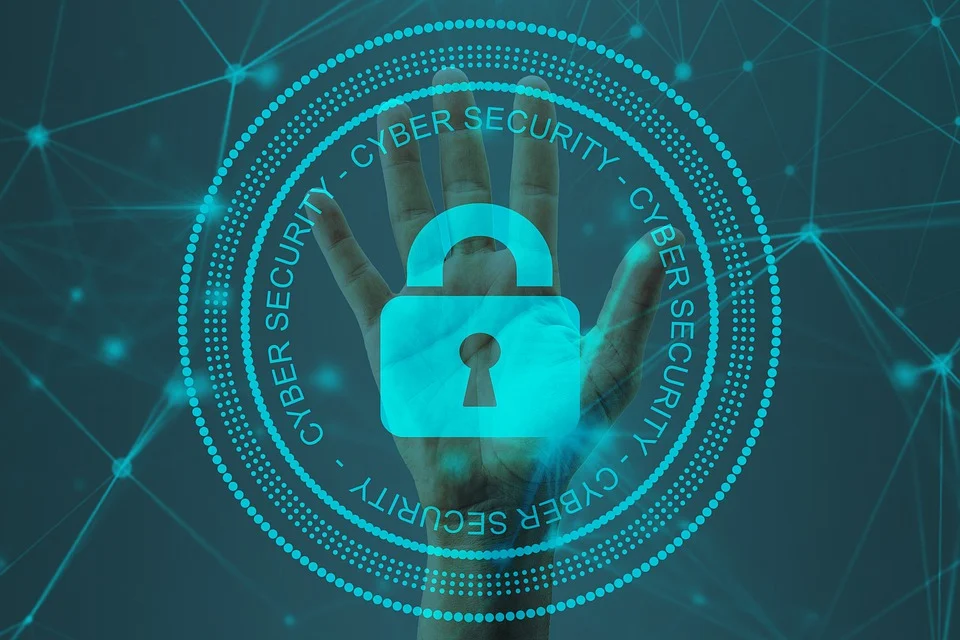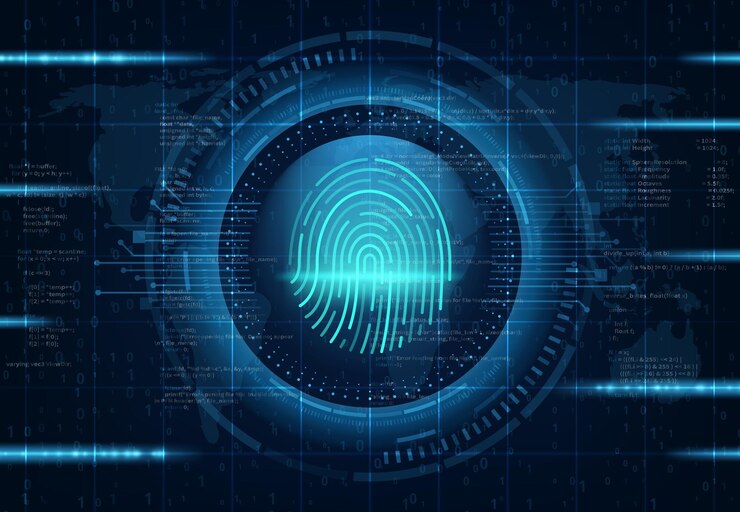4 Benefits of Digital Forensics on Cyber Security You Should Know
3 Mins Read
Published on: 10 February 2022
Last Updated on: 07 November 2024

toc impalement
Digital forensics, also referred to as computer forensics or cyber forensics, is the aspect of digital science that focuses on investigation and analysis methods to collect and preserve evidence from a computer system.
The whole process of collecting and preserving data ensures that the evidence can be presented in a court of law. This branch of digital science comes in handy during investigations involving crimes related to technology.
In fact, science is impactful in the field of cybersecurity. For starters, cybersecurity relies on information brought forth by forensics to come up with strategies to prevent future attacks.
Also, it thrives because of weak cybersecurity strategies. It is crucial to understand how both concepts ensure sensitive information remains private and secure. Here is some insight into how it benefits cybersecurity:
1. It helps keep malicious hackers at bay

Digital forensics efforts identify valuable information that cybersecurity experts can utilize to identify new technologies to counter those tactics that hackers and hijackers use.
With the information gathered through these approaches, it becomes easier to keep hackers away from websites, devices, and networks.
Hackers may be skilled at finding ways to infiltrate systems. However, digital forensics makes it possible to collect data to keep those malicious hackers from unauthorized system access.
Experts will study the different trends in how hackers steal, exploit and delete information. They can also scan networks to ensure that no unwelcome parties have unauthorized access.
2. It helps prevent viruses
Through digital forensics investigations, we have come to understand how viruses find their way to devices and networks. We know the channels hackers and hijackers employ, like sending corrupt emails, all thanks to this field.
The information gathered comes in handy when developing antivirus software. Developers of antivirus software can create their products with the findings in mind. They will know where to pay special attention to avoid malicious hackers.
3. It is handy in Information recovery
It is necessary to have a system for recovering deleted information during digital investigations. Data recovery is an essential element for recovery from data breaches. This form of forensics employs digital forensics tool and methods to allow for data recovery.
It also makes it possible to present evidence in a court of law. In disaster recovery, experts develop plans and strategies to salvage any disrupted networks in case of a cyber-attack.
4. Identification of vulnerabilities

Attack entry points and vulnerabilities are not usually so evident. That makes it easy for malicious hackers to access data and information. With forensics, it is possible to compile information that cybersecurity experts can use to identify weak points in networks and systems. Cybersecurity software can then focus on those specific areas of vulnerability.
Bottom line
Cyber security works to protect all kinds of digital data from theft or damage. It involves everything that works to ensure that data does not fall into the hands of malicious hackers.
It is a niche that works hand in hand with cybersecurity to understand how attacks occur, how they damage systems, and who attacks perpetrators are.
Read Also:


















Comments Are Closed For This Article